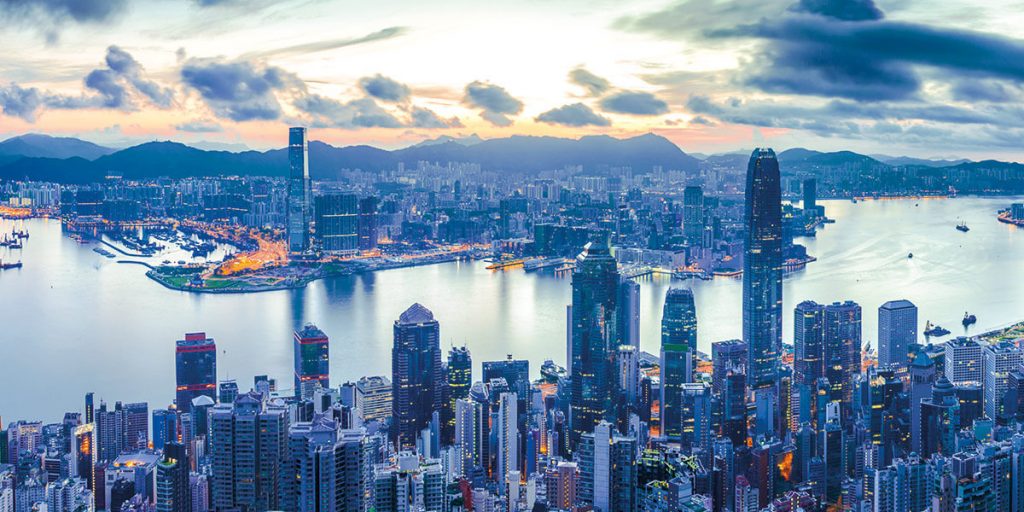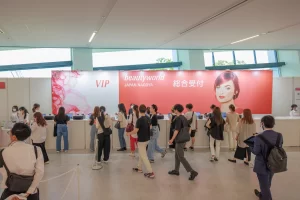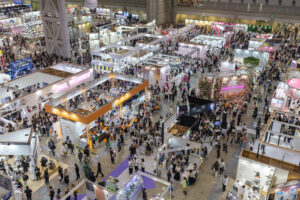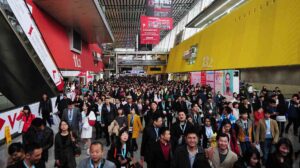With the CoVid19 pandemic seemingly receding slowly across many countries of the world, China emerges as our most promising market; however, another setback is beginning to cast its shadow over economic and political recovery: the Hong Kong Situation.
Statistics have shown that the Chinese market appeared in great shape in the first month of 2020, despite a global downturn in the economy. During the lockdown period, the most successful sector of the market was in online sales, which registered an astonishing 55% month-on-month growth, from a baseline which showed that e-commerce had already enjoyed great results over the previous decade.
Chinese consumers seem to be even more attracted to these marketplaces, where Alibaba Group leads, mainly thanks to its price competitiveness. TaoBao, owned by Alibaba Group, mops up an impressive 53,30% of the huge Chinese e-commerce market. On the other hand, the more prestigious TMall, which deals in more expensive luxury and branded goods, didn’t see its market share exceeding 8%, surpassed by competitors such as Jing Dong (Tencent Group) 20.6% and mostly by marketplaces that aim at high level customers like VIPShop 15,60 % or that met the enthusiasm of the shoppers with record growth like Pingduoduo 19.4%.
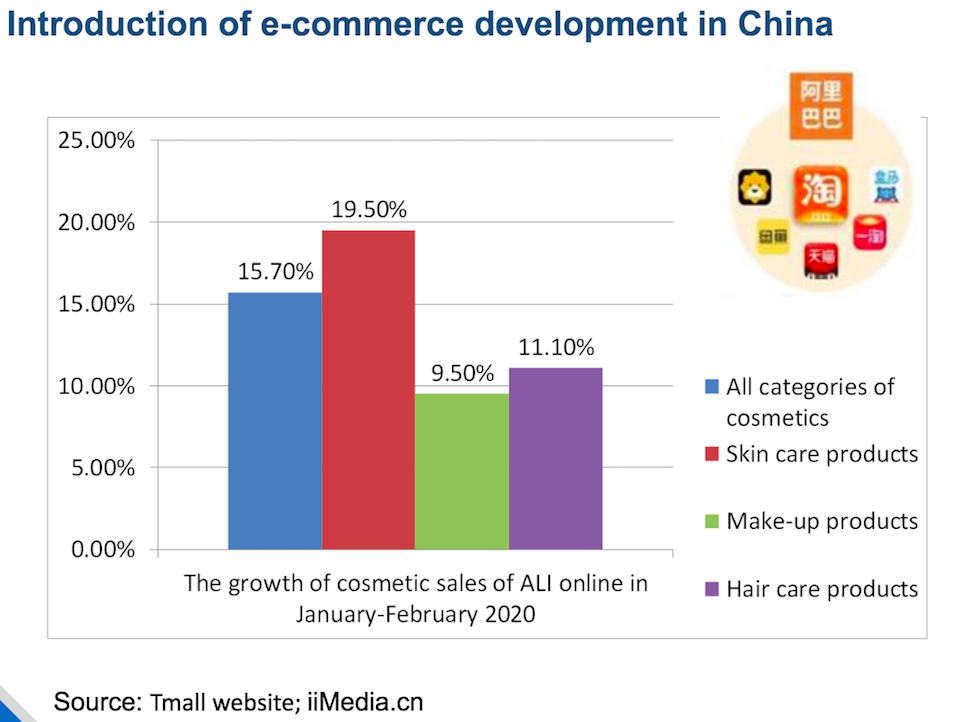
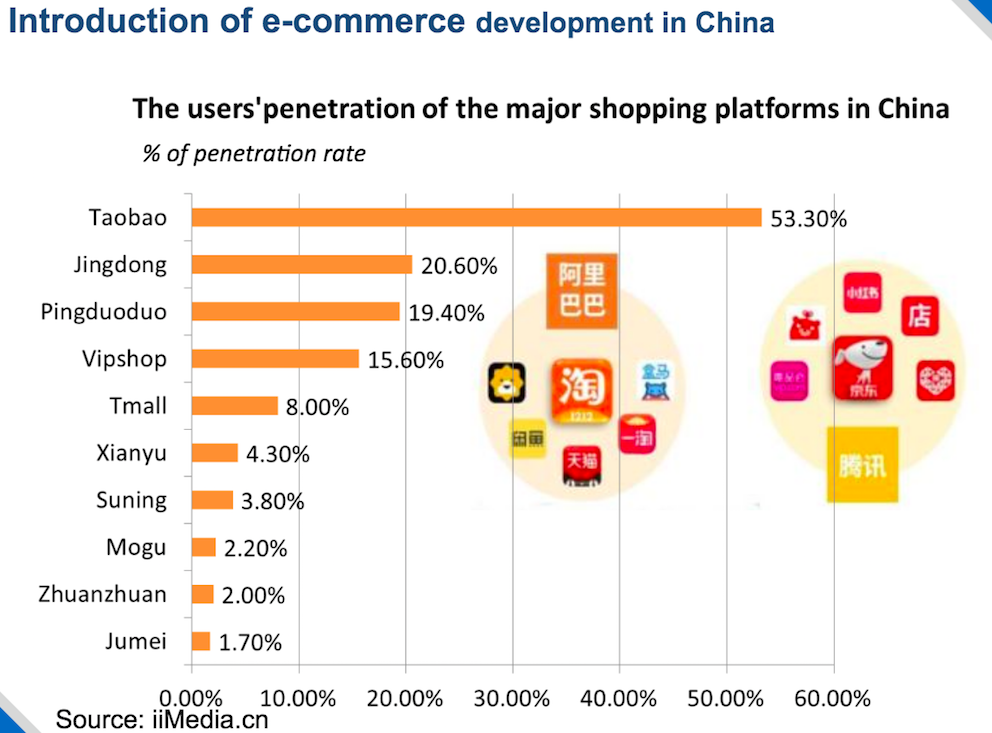
With this backdrop, the situation that Hong Kong is facing seems even more dire: political and economic upheaval is threatening a very bumpy road ahead for the former British Colony.
Before the pandemic is even over, new riots are already blocking traffic and jeopardising the prospects for future tourism and business.
The Chinese government has sent a clear message to discourage any unrest while attempting to re-establish some semblance of order. Meanwhile investors are fleeing Hong Kong for the Shanghai Stock Exchange, diminishing the traditional financial importance that the former British Colony has held for over a century.
While the USA plays for time and seeks to emerge from difficult and volatile domestic circumstances, it continues to challenge the Chinese Government for its “non-democratic behaviour”. Even the UK has waded into the argument by confirming Hong Kong citizens’ right of abode in the United Kingdom – a move by Prime Minister, Boris Johnson, which did little to calm the already choppy waters.
Among all this international tensions, Hong Kong’s domestic Business is struggling; citizens really are scared for their job and their future. Major events that have been some of the most important sources of business for the local economy, as well as for the whole South East Asia, have been postponed or cancelled.
The Cosmetic Industry is also severely affected: the most important exhibition in the region, Cosmoprof Asia, is scheduled for next November, but at this moment, nobody knows for sure what will be the situation in a few months’ time. This “wait and see” attitude, unfortunately, does not play well along with the necessities of planning that exhibitors and visitors have. Tension and uncertainty are the elements of a complicated deadly game that might see many victims – starting with the destiny of Hong Kong itself.

